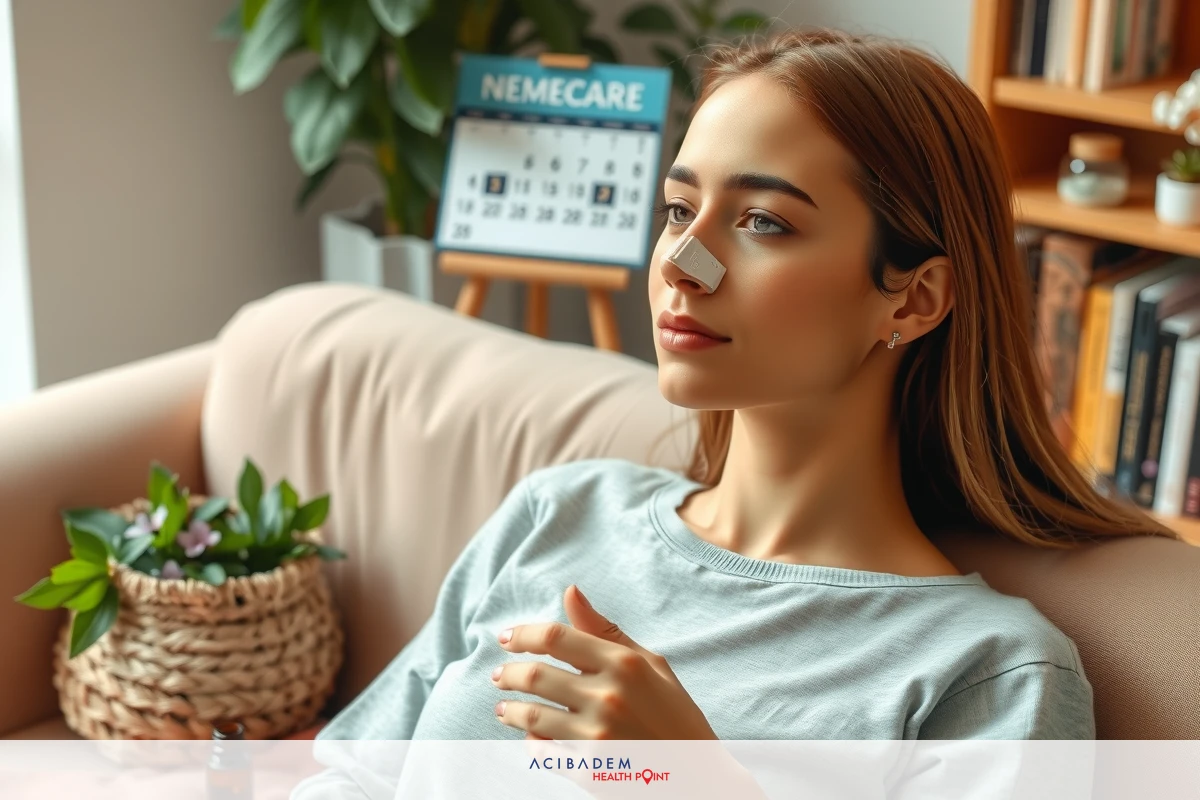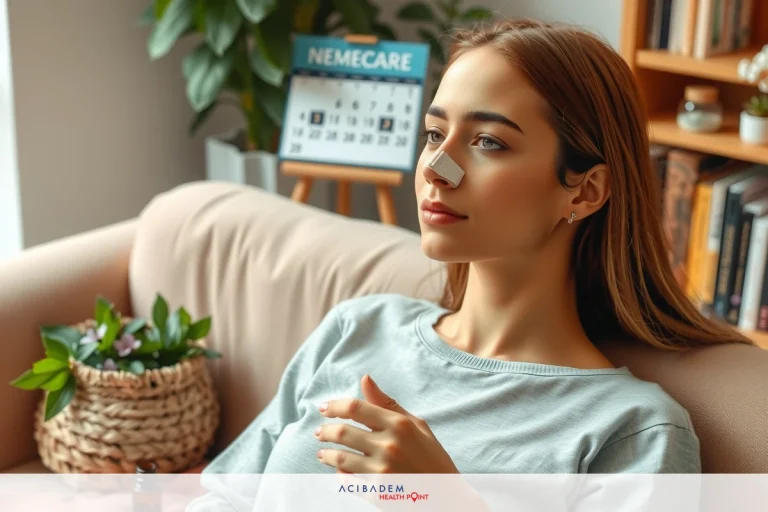How to Treat Swelling After Rhinoplasty
How to Treat Swelling After Rhinoplasty Swelling, a common aftermath of rhinoplasty, often causes distress and discomfort. It’s not merely an aesthetic concern; it can also affect breathing and sleep patterns. The good news? There are ways to manage swelling effectively, promoting faster recovery while ensuring the ultimate success of your surgery.
Understanding how to reduce swelling is crucial in the post-operative phase. Techniques range from simple at-home remedies like cold compresses and elevation to natural supplements such as arnica or bromelain that could aid in inflammation reduction. Furthermore, gentle massage techniques may be beneficial when performed under professional guidance.
The journey towards healing after rhinoplasty doesn’t need to be marred by excessive swelling—it can be managed with careful attention and adherence to recommended practices.
Tips for Reducing Swelling
Swelling after rhinoplasty is a natural response of the body, but it requires care and attention to ensure optimal recovery. One effective strategy involves the use of cold compresses. Applied gently around the surgical area (avoiding direct contact with your nose), they can significantly aid in swelling reduction. Hydration too plays an often underestimated role; drinking ample water helps flush toxins from the body and maintain healthy circulation.
Elevation is another simple yet powerful tool in managing post-operative swelling. By keeping your head elevated, especially during sleep, you facilitate better fluid drainage away from your face—gravity works wonders here! Remember that abrupt movements might exacerbate swelling; hence gradual transitions between postures are advisable.
Nutrition choices can also influence recovery from rhinoplasty. Anti-inflammatory foods like berries or leafy greens contribute positively towards healing by reducing internal inflammation—a key factor driving swelling. Similarly, limiting salt intake can prevent excessive fluid retention which could worsen facial puffiness.
In essence, treating swelling effectively after rhinoplasty encompasses not just specific actions but a holistic approach towards post-operative care and lifestyle
adjustments—all aimed at fostering better healing outcomes.
Gentle Massage Techniques
Gentle massage techniques can be a valuable addition to your post-rhinoplasty aftercare regimen. Lymphatic drainage, a type of facial massage involving light and rhythmic strokes, encourages fluid movement away from the swollen area. It’s essential to note that any form of massage should only be initiated once your surgeon gives you the green light—usually a week or two after surgery.
Performing these massages requires an understanding of the lymph system’s routes across the face. Start with clean hands and use gentle pressure, sweeping inwards from ear-to-nose on both sides. Be mindful not to apply direct pressure on your nose; instead, focus on directing fluid towards the lymph nodes located near your ears and down along your neck.
Professional guidance is invaluable here; consider consulting with a therapist trained in lymphatic drainage for personalized advice based on your healing progress and specific needs. Remember: while these techniques can aid swelling management during recovery from rhinoplasty, they are part of broader aftercare practices rather

than standalone solutions—a testament to the multilayered nature of effective recovery strategies.
How to Treat Swelling After Rhinoplasty: Natural Remedies for Swelling
Incorporating natural remedies into your aftercare regimen can help manage swelling following rhinoplasty. Arnica, a plant known for its anti-inflammatory properties, is often used in topical creams or taken orally to assist with bruising and swelling. Nonetheless, it’s essential to consult with your healthcare provider before starting any new supplements as part of your recovery process.
Another supplement that may aid in swelling reduction is bromelain—a compound found in pineapples that boasts potent anti-inflammatory effects. It’s usually consumed in capsule form and can accelerate healing after surgery by improving circulation and reducing inflammation. Similarly, turmeric has long been celebrated for its curcumin content—another powerful anti-inflammatory agent.
Herbal teas like green tea and chamomile also have calming properties which could potentially reduce post-operative puffiness. Anti-inflammatory foods such as berries, leafy greens, avocados, fatty fish rich in Omega-3s should find their way into your diet too—they not only nurture the body during recovery but also contribute towards overall wellness beyond the context of surgical aftercare. Hence while treating swelling effectively entails specific practices like massages or cold compresses; it equally
involves broader lifestyle choices centered on holistic well-being.
Frequently Asked Questions
How long does swelling typically last after rhinoplasty?
While initial significant swelling subsides within a few weeks, minor residual swelling can linger for several months. Full resolution often takes up to a year or even longer in some cases—each individual's healing journey is unique.
What distinguishes normal from abnormal swelling during recovery?
Normal post-rhinoplasty swelling tends to be symmetrical and gradually diminishes over time. Abnormal swelling could present as sudden, severe, or asymmetrical puffiness accompanied by pain—a situation warranting immediate medical attention.
Can I reduce the duration of my facial swelling through specific practices?
Yes, strategies like cold compresses, head elevation, hydration, gentle massages under professional guidance and certain dietary adjustments can all contribute towards effective management of post-operative puffiness.
When should I consult a doctor about my post-rhinoplasty swelling?
If you notice an abrupt increase in your facial puffiness - especially if it's associated with pain or fever - you should reach out to your healthcare provider immediately. Additionally, if your inflammation persists beyond the expected timeline without signs of improvement despite following aftercare instructions diligently—it’s time for a check-up.











